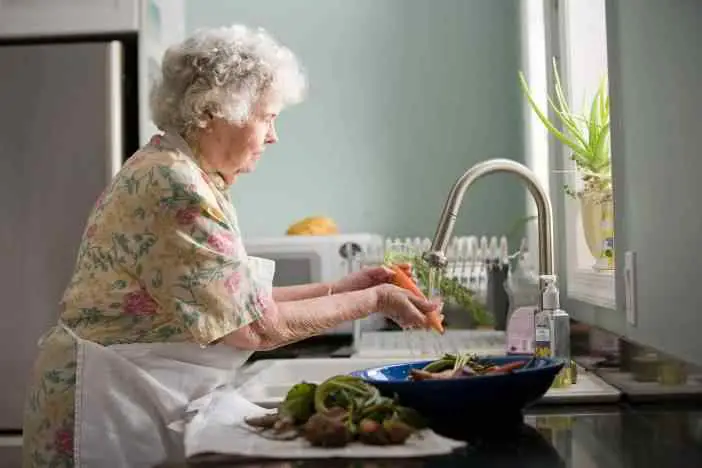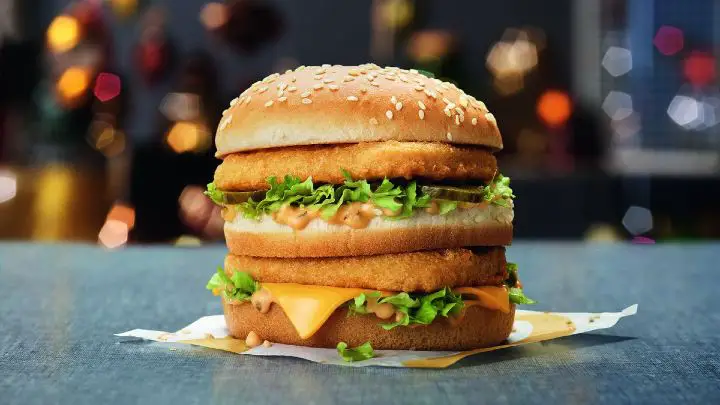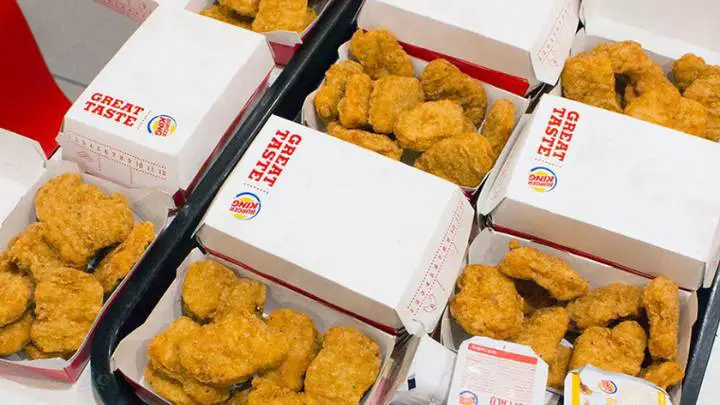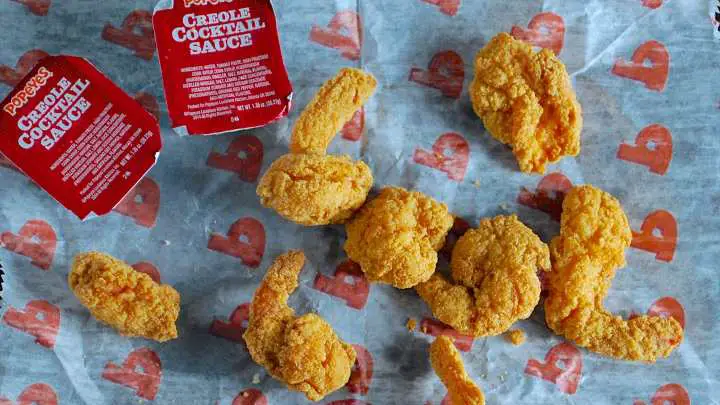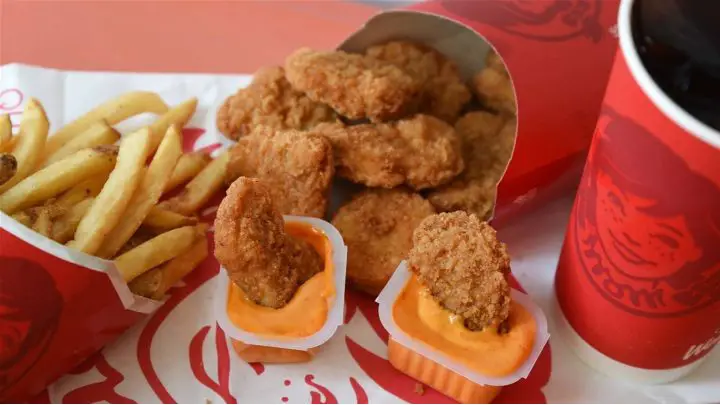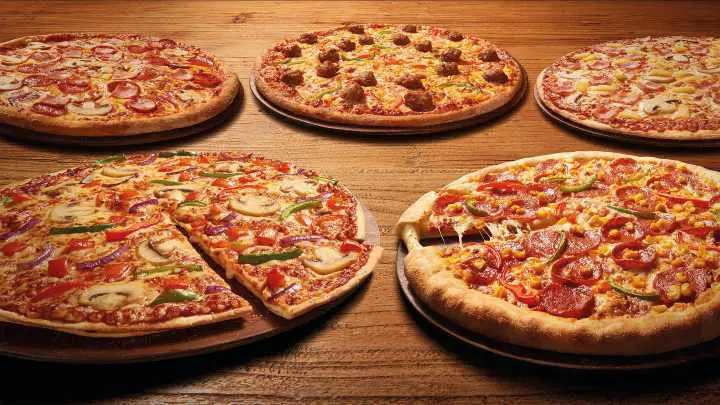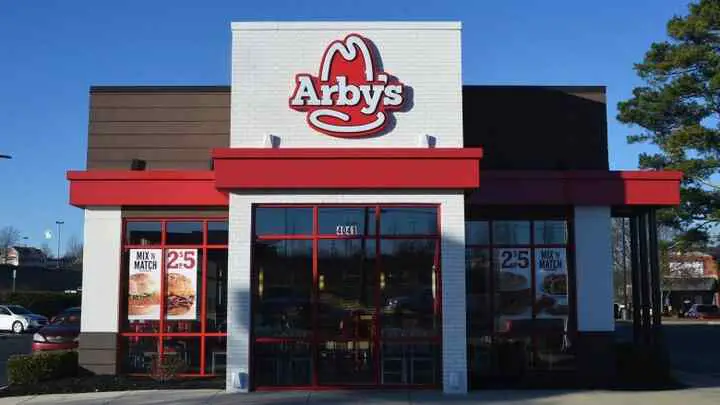What are the mistakes to avoid when cooking frozen vegetables? Well, that’s what you’re about to find out in this article.
For freshness, convenience, and taste, frozen foods continue to remain popular. But when it comes to cooking frozen vegetables, there are several mistakes that are commonly made. Here I’ll discuss three common mistakes to avoid when cooking frozen vegetables, and how you can easily avoid them in the future.
Cooking frozen vegetables is one of the best ways to cook healthy and save money. They’re easy, convenient, and can help to bring a meal together. But it’s easy to make some common mistakes, especially if you’re trying out cooking frozen vegetables for the first time.
Today I’m sharing the mistakes you should be careful not to make when preparing them. In the end, you’ll learn how to cook frozen vegetables so they taste delicious and you won’t have to struggle with them anymore.
1. Not Including Salt
One of the mistakes to avoid when cooking frozen vegetables is not adding salt. Have you wondered why after freezing your vegetables, they take so long a time when boiling them? The mistake lies in the fact that you did not add salt when rinsing them once more after removing them from the freezer.
Please ignore the myth that no one should wash their vegetables after freezing. It is good to wash them to not only defrost them but wash stains that might probably be on them. Add a pinch of salt at the point of washing it. It helps to make the vegetables cook for a short time.
The mystery about vegetables that cook for a short time is that they are more nutritious than the ones that stay longer in the cooker. So, we can say that adding salt when washing vegetables will help in making your vegetables tastier.
2. Not Defrosting the Vegetables
If you are using a freezer not a fridge, you are to take more caution because the freezing rate of freezers is higher than fridges. However, whichever one you use in preserving your vegetables learn to defrost them when you bring them out. A cold vegetable will taste really bad. It is best desired when soft to allow heat to penetrate easily.
To defrost your vegetable, you should plan and decide if you are going to be eating vegetables at dinner or as your break snacks. Doing this will help you remove the vegetables some minutes before the actual time of cooking. You can defrost your vegetable for about 10 to 15 minutes depending on how cold it is.
You can check the difference. Cook a frozen vegetable and cook one you are allowed to defrost for some minutes. The difference is crystal clear. Cooked frozen vegetables are usually softer and watery when done. And most importantly, a major turn-off from them is in the fact that they take time to boil.
3. Not Using a Microwave
Another mistake to avoid when cooking frozen vegetables is not using the microwave to heat your vegetables before eating. The white truth is that not using a microwave doesn’t spoil the broth and using it likewise leaves the same natural taste. So why then should you avoid it?
To use the microwave you have to be watchful of the minutes it stays in the heat. The timing for your vegetables depends on the type of vegetable in question. If it is a soft vegetable, the timing should not be more than 2 minutes. And for firmer ones, you can heat them for about 4 to 6 minutes.
You also have to get in handy your cooking utensils when you are ready to steam your vegetables in the microwave. You have to make sure your chopping board is rinsed, get your sharp knife, ceramic bowl, and wax paper.
If you are steaming a vegetable that is just washed, you do not have to include water in the bowl. Frozen vegetables also can be placed directly without water. But in situations you do not want to wash your vegetables, you are good to go with just two tablespoons of water.
SEE: How to Microwave Paper Plates
4. Giving Way to Freezer Burn
When you expose your vegetables to too much air, you make them vulnerable to freezer burn. Ever heard of freezer burn? Freezer burn is the condition of frozen food when it loses its water content as a result of poor wrapping or covering.
Scientists explained that water molecules are responsible for making our food items cold for as long as possible. These water molecules love to stick to spots that are cooler in your freezer.
The molecules leave your vegetables when you do not cover them well or your bag gets damaged. They move to cooler places in your fridge. This is when a freezer burn takes place as your vegetable is exposed and freezing is just randomly effective.
Freezer burn makes your food item change texture. It does not necessarily change the taste of the food but the color of the food item will give way.
5. Not Using the Right Bag
Learning the dangers of freezer burn leads us to how we can use the right bag when freezing our vegetables. To freeze your vegetables, you must either use a vegetable bag or a Ziploc as an alternative. The right bags must be used when preserving your vegetables.
Avoid using a small bag that will squeeze the vegetables. Ensure that the bags you use are in proper condition – the seals on them are working fine and no signs of leakages.
6. Freezing Your Vegetables for Way too Long
Another one of the mistakes to avoid when cooking frozen vegetables is not to freeze them for too long. Vegetables are best eaten when they’re in season, but that doesn’t mean you have to miss out on the good stuff during the winter months. If you freeze your own vegetables, it can be easy to stock up and enjoy them year-round.
But there’s a difference between freezing vegetables and letting them sit in the freezer for months on end. Frozen vegetables should be eaten within a few months of being frozen, or else they’ll lose most of their vitamins and minerals.
So when you’re planning to cook with frozen vegetables, don’t buy more than you can use within a few months of thawing them out.
SEE: Is Zucchini Squash The Same As Zucchini?
7. Overcooking Your Frozen Vegetables
One common mistake people make when cooking with frozen vegetables is over-cooking them. This can happen if you don’t use enough water when boiling frozen green beans or if you forget about those carrots boiling away on the stovetop until they look like little orange sticks of cooked mush.
The good news is that overcooked frozen vegetables won’t hurt you, but they won’t be as tasty either.
Frozen vegetables should be cooked until they are just heated through, not until they are soft or mushy. Overcooked frozen vegetables can become waterlogged and lose much of their nutritional value because they’ve been exposed to high heat for too long.
8. Assuming You Must Cook All Vegetables
Not all of your vegetables require cooking. Some only need minor preparations that are not heat-related. Some of such vegetables you can eat without cooking include;
- Asparagus
- Brussels sprouts
- Cauliflower
- Celery root (Celeriac)
- Kohlrabi
- Corn
- Broccoli
- Beetroots
Why Cook Frozen Vegetables?
- Frozen vegetables are easy to store
- They last longer
- Frozen vegetables are still very nutritious
- Frozen vegetables are easy to cook
- They are also cheaper than fresh vegetables.
- You can use them whenever you feel like eating something
Frequently Asked Questions
How can you prevent freezer burn?
The first method is to make sure you wrap your food items with the appropriate bag or enclose the vegetables in a container that can be sealed tightly. Secondly, freeze the vegetable instantly do not wait for long after sealing it in the bag. And lastly, try to finish up the vegetables as quickly as possible.
Can you boil frozen vegetables?
Yes, you can boil frozen vegetables. Just remember that frozen vegetables take longer to thaw than fresh vegetables. So if you are planning to boil frozen vegetables, make sure to allow enough time for them to thaw completely.
How can you preserve your vegetables in the freezer?
To freeze vegetables, wash them thoroughly and pat dry. Cut into pieces no larger than 1-inch square. Place in freezer bags and label.
Conclusion
Frozen vegetables are a lot like most other frozen foods: they can be great, but they can also be awful. If you don’t know what you’re doing, then it can work out badly. But it doesn’t have to. Just follow the simple tips and recommendations outlined above, and you’ll be on your way to delicious frozen veggies that taste as good as fresh ones.
Your freezer makes raw food into a delicious, healthy meal in minutes. But it’s not that hard to go from snackable to downright nasty. When you cook any frozen food, make sure that you’re using the right technique, especially with vegetables. Don’t let them become mushy, soggy messes. Instead, use some simple tips to cook frozen veggies well every time.
Want to learn more about getting the best out of your vegetable without having to spend much money? Instead of throwing them into the trash bag, see the unique ways to reuse your vegetables leftover.
If you want more tips and guides on becoming a good cook and learning about different food items and how to preserve them, please feel free to explore Cheffist.
Thank you for reading.
